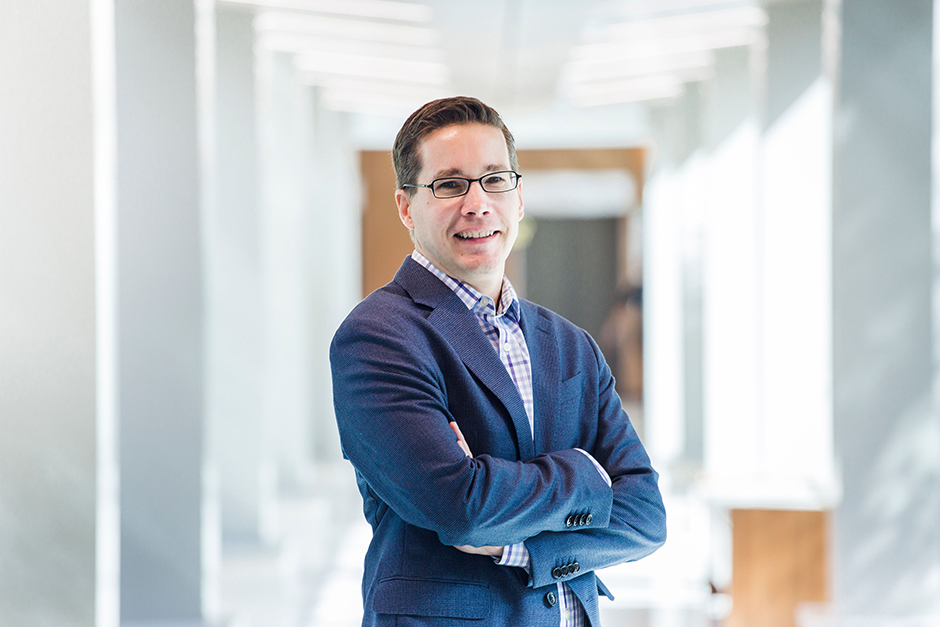Across a broad array of institutions and businesses, the COVID-19 pandemic shutdown caused unprecedented disruptions and challenges. But some enterprises that were already operating online continued without a hitch—and even saw demand for their services increase. One of them is OurRelationship.com, an online marital counseling program founded and overseen by UM psychology professor Brian Doss.
Beyond the usual difficulties often faced by couples, “The pandemic has triggered a lot of additional stressors,” Doss says. “People are having to renegotiate family roles, work-life balance, and other issues.
“Because we can do everything remotely, our service delivery model makes more sense than ever these days,” he notes. “Our clients could access continuous services from their own homes, without interruption, when in-person workshops were impossible.”
Created by Doss ten years ago to assist low-income couples unable or reluctant to avail themselves of in-person sessions, OurRelationship.com is promoted through social media and online advertising, appearing in results for searches on terms such as “free marriage counseling.” The program now employs 15 online counseling coaches, some of them UM doctoral students in clinical psychology. Working eight to ten hours per week, the coaches provide 20-minute virtual counseling sessions to complement eight hours of online content. Flexible hours accommodate couples’ work schedules.
Funded by grants from the National Institute of Health and the Administration for Children and Families, OurRelationship.com has served some 2,000 couples and individuals in all 50 states, D.C., Guam, and Puerto Rico. With a new five-year grant from the NIH children and families program, Doss expects that figure to double.
OurRelationship.com has also attracted interest from the U.S. armed services, making outreach to veteran and active-duty military couples a new priority. “The military is excited about the program as an option for deployed couples coping with multiple stresses,” Doss says. “Factoring in time differences when scheduling coaching calls for far-flung couples can be a challenge. But with coaches on both coasts, we can usually work it out.”
Doss reports that the program improves individual as well as relationship well-being. The beneficial impact tends to be long-lasting, persisting for a year or more.
“Anecdotally, we have seen an increase in the number of couples seeking a program like ours, especially with a lot of other things not being available,” says Doss. “More than a year into the pandemic, a lot of therapists have adapted with telehealth, so we may not have quite as unique a niche as we used to. Zoom fatigue is also a real factor these days.
“Overall, however, people have become more comfortable seeking out these kinds of services online—and that is to everyone’s benefit.”
For more information about Brian Doss and other psychology faculty research, visit psy.miami.edu.

